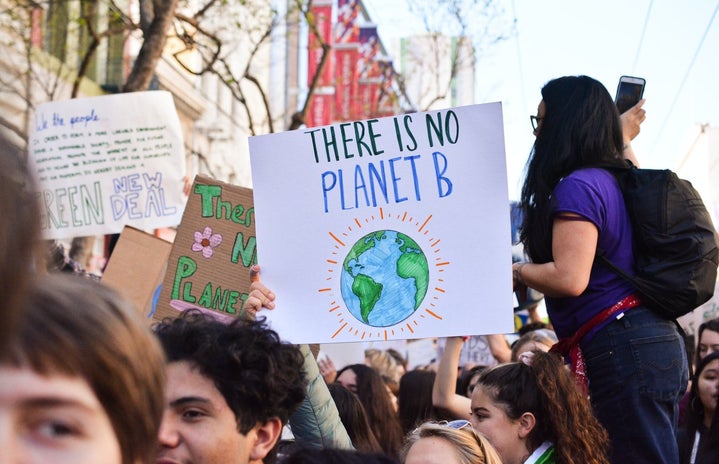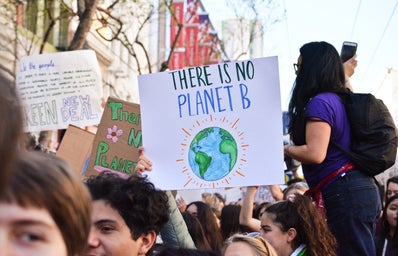The worldwide coronavirus pandemic has had numerous negative consequences that have affected most individuals in some way, shape or form over the past year. During these times, people have been finding comfort and convenience using online platforms to do their shopping instead of heading into a store, with a rise of “[six to] 10 percent in most product categories.” Online shopping has proven itself to be extremely helpful and convenient during this time, especially when going out into the general public and putting themselves at risk around people that they do not know isn’t an option.
But in today’s society, the biggest draw is having one’s brand new shoes, cookbooks and viral TikTok products arrive directly at one’s front door in just a few short days. Because some have been in constant refusal to follow mask mandates that have been put in place for safety, online shopping has become a common form of product consumption to follow the new guidelines. While shopping in this manner, consumers do not witness or take into account what actually goes into the process of online shopping and how damaging it could be as this uprise in e-commerce continues, especially this holiday season.
Transportation is one of the biggest contributors to our global climate emergency. With a rise in population as well, more and more people are utilizing transportation every year. When online shopping was first taking over our world, the idea of only one vehicle driving around to deliver packages seemed like a huge step in the right direction. However, this isn’t the true reality of the situation. In order to avoid packages getting into the wrong hands, signatures are often required and delivery workers may need to return to a house on multiple occasions. The delivery process also has a higher carbon footprint when an item is returned.
According to Forbes, “A study in Germany showed that as many as one in three orders online were returned.” When items are returned, in terms of the consumer, it is often out of sight and out of mind. What people do not understand is that these items are often not going back and being resold through the companies again. Instead, they are being thrown away from lack of care. Companies often prefer to let the landfill and in turn, our Earth, handle their issues than sorting through and deciding which pieces are undamaged and in the same quality that it was first sent out in.
Another major factor that isn’t always considered is the packaging that the shipments come in. Amazon, which “is by far the most popular site in the U.S.,” has been known to put tiny items into an appropriately sized box and then place that box inside a larger box, surrounding it with bubble wrap. The small box that the item directly comes in is also filled with plastic wrappings, sometimes around each separate piece. According to Oberlo, Amazon was selling on average more than 4,000 items per minute in 2019, equating to an extremely large sum of plastic that will remain on our Earth forever.
As shopping online will only continue to increase in popularity as the years go on, it’s important to recognize the effects that these small actions every day humans participate in have on the planet.
Want to see more HCFSU? Be sure to like us on Facebook and follow us on Instagram, Twitter, TikTok, Youtube and Pinterest!



